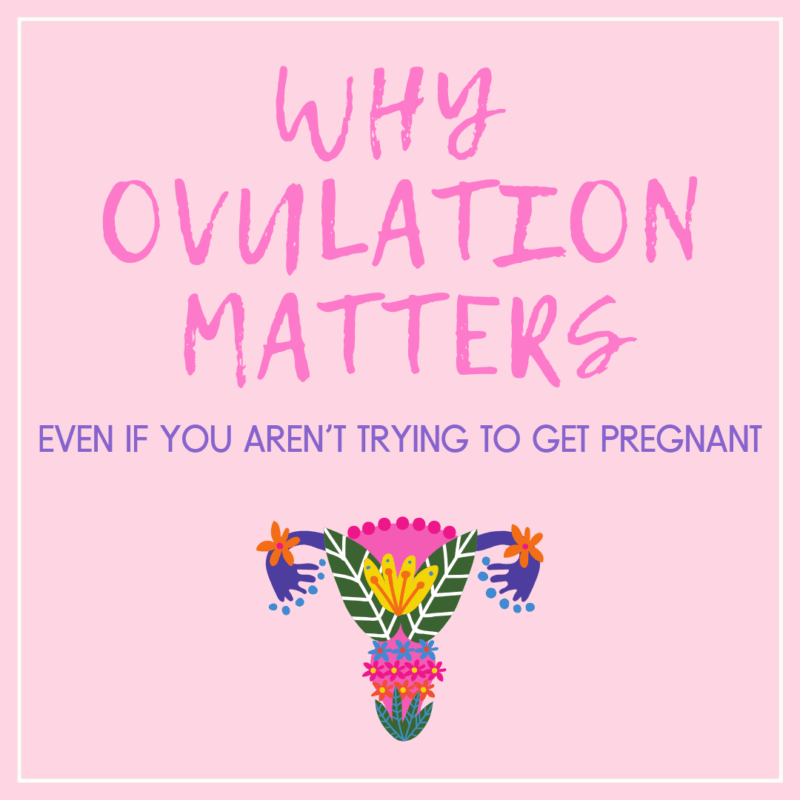
Why should you care about ovulating every month, even if you aren?t trying to get pregnant?
I wish I could get back those 10 years of being on birth control, when I wasn?t having a real cycle. Ovulation is an indicator that all is well within your body. It means you are getting enough nutrients and your stress levels are low. It is not just for making a baby! Every event of ovulation is like putting coins in the piggy bank for your long-term health, especially down the line during menopause. This is why it?s important to ovulate while you can, in your reproductive years, instead of turning off ovulation by being on birth control.?See my birth control pill alternatives post for more info.
Why Ovulation Matters for Your Health:
- Estrogen prevents bone loss while progesterone promotes bone growth, and the only way women make progesterone is by ovulating. It?s the interplay of these two hormones that leads to optimal bone health so you are later prepared during menopause.
- Progesterone plays a role in preventing breast cancer. Studies show that while estrogen stimulates breast cell growth, progesterone stimulates these cells to differentiate, allowing for maturation of cells for milk production. This means that without ovulation and without progesterone to keep the cells in line, they may grow erratically and possibly lead to abnormal or cancerous cells, posing a risk for breast cancer.
- Regular ovulation through your reproductive years can reduce your risk of heart disease later in life. A large study compared women with heart disease to those without. More of those with heart disease had low levels of progesterone, similar to anovulatory levels, than those without heart disease. This suggests that older women with heart disease are more likely to have had lower progesterone and thus more anovulatory cycles earlier in life.
Remember, being on hormonal birth control stops ovulation which means you aren?t benefitting from the positive health effects of progesterone.
Not to mention progesterone is the calming, anti-anxiety and mood stabilizing hormone which is very much needed in the luteal phase, when PMS can strike!?It also promotes deep sleep which is why we may feel a little more sleepy and tired in the second half of our cycles. The soothing powers of progesterone are real and we could all use a little more in our lives, no joke.
How to know when you are ovulating?
This will be a separate post but fertile cervical mucus, changes in basal body temperature and regular periods are great indicators of ovulation! I hope you find this helpful! See what foods to eat during ovulation on this food chart that you can print and hang on your fridge!


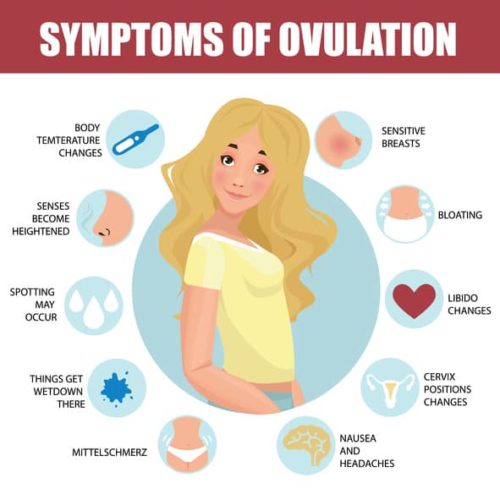
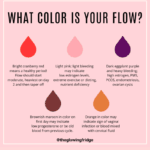

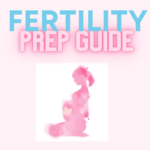
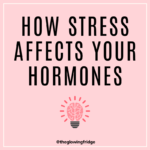

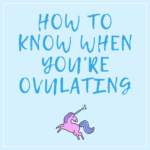






Leave a Reply